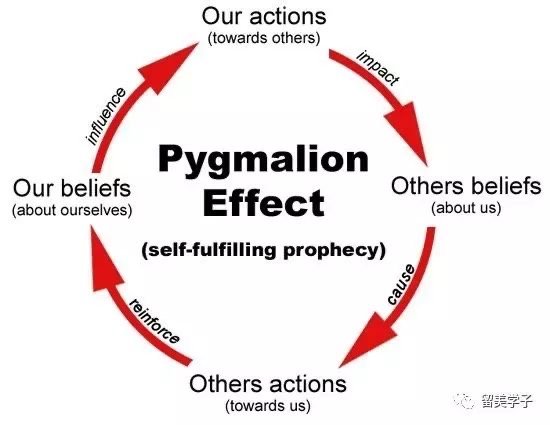Positive Psychology Mental Health Seminar
On Sunday, March 27 3-5pm, Auralite hosted and spearheaded the Youth Mental Health seminar, Positive Youth – Positive Psychology Parenting with Dr. Julie Xie. We partnered with Global Leadership Initiatives For Youth (GLIFY), and more than 70 families joined the zoom and listened to Dr. Xie’s insightful presentation.
Building a positive learning environment through positive psychology.
Dr. Xie fused her 21 years of work experience in American public schools with educational psychology research findings, and provided both youth and parents perceptive advice to improve their mental health and communication efficiency at home. She told us “all learning has an emotion base”, explaining that we always need to keep emotions in control. In addition, Dr. Xie stressed the importance of sleep to youth development, advocating the essential 8 hours of sleep needed every day, and also discussed how to be mindful instead of mind full. She also introduced many psychology literature and tools, including “Stumbling on happiness by Daniel Gilbert” and Authentic Happiness tests.
Pygmalion Effect
The Pygmalion effect, or Rosenthal effect, is a psychological phenomenon in which high expectations lead to improved performance in a given area. In other words, people do better when more is expected of them. In education circles, this is called the Pygmalion Effect. Researchers have found that teacher expectations are more predictive than other factors.
Stages of Psychosocial Development
In adolescence (ages 12–18), children face the task of identity vs. role confusion. According to Erikson, an adolescent’s main task is developing a sense of self. Adolescents struggle with questions such as Who am I? and What do I want to do with my life? Along the way, most adolescents try on many different selves to see which ones fit; they explore various roles and ideas, set goals, and attempt to discover their adult selves. Adolescents who are successful at this stage have a strong sense of identity and are able to remain true to their beliefs and values in the face of problems and other perspectives. When adolescents are apathetic, do not make a conscious search for identity, or are pressured to conform to their parents’ ideas for the future, they may develop a weak sense of self and experience role confusion. They will be unsure of their identity and confused about the future. Teenagers who struggle to adopt a positive role will likely struggle to “find” themselves as adults.
Nature vs. Nurture
Nature refers largely to our genetics. It includes the genes we are born with and other hereditary factors that can impact how our personality is formed and the way we develop from childhood through adulthood.
Nurture encompasses the environmental factors that impact who we are. This includes our early childhood experiences, the way we were raised, our social relationships, and the surrounding culture.
Many researchers consider the interaction between heredity and environment—nature with nurture as opposed to nature versus nurture—to be the most important influencing factor of all.
At the end of her presentation, families were eager with questions and Dr. Xie was enthusiastic to answer them. She also provided a list of recommended readings:
Thank you Dr. Xie for the in-depth seminar! We all learned a lot of valuable information about interactions between parents and teenagers and are looking forward to implementing them in our day-to-day practice.



